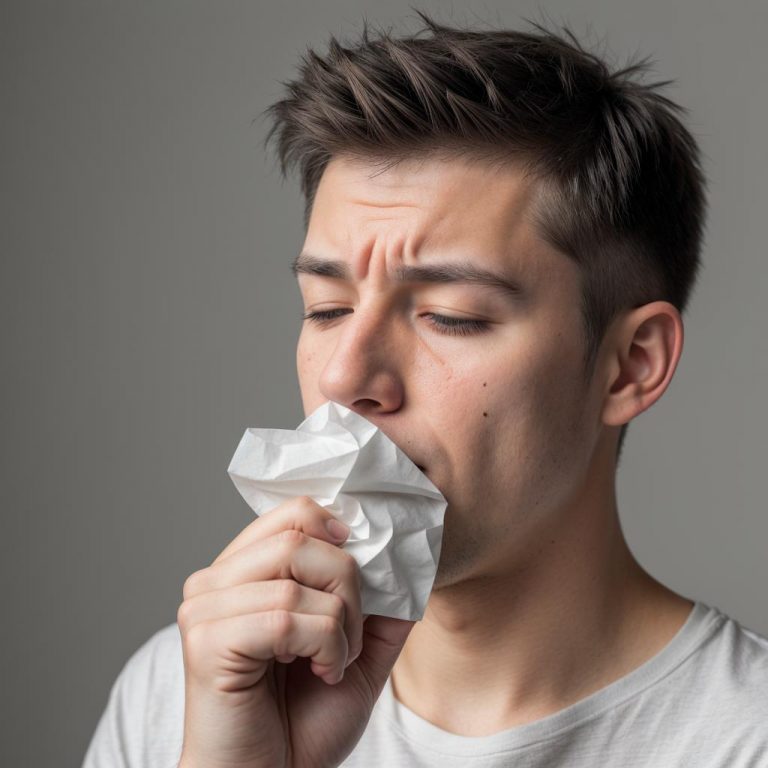
Skin allergies can be distressing and uncomfortable, affecting individuals of all ages.
From minor irritations to severe reactions, these allergies can significantly impact one’s quality of life. Understanding the causes, symptoms, and treatment options is crucial for effective management.

Causes of skin allergies
Skin allergies can be triggered by various factors, including:
Environmental Allergens: Pollen, pet dander, mold, and dust mites are common allergens that can cause skin reactions.
Contact Allergens: Certain substances like nickel, latex, cosmetics, and chemicals in skincare products can lead to allergic contact dermatitis upon skin contact.
Food Allergens: Some individuals may experience skin reactions after consuming certain foods, such as nuts, shellfish, dairy, or gluten.
Medications: Certain medications, including antibiotics, pain relievers, and anticonvulsants, can cause allergic reactions affecting the skin.
Symptoms
The symptoms of skin allergies can vary depending on the individual and the trigger but may include:
Rashes: Redness, itching, and inflammation are common symptoms of skin allergies. Rashes may appear as raised bumps, patches of redness, or blisters.
Hives: Raised, itchy welts on the skin may develop suddenly in response to an allergen.
Eczema: Also known as atopic dermatitis, eczema causes dry, itchy skin and can be triggered by allergens.
Swelling: Allergic reactions may cause swelling of the skin, particularly around the eyes, lips, or face.
Blisters: In severe cases, skin allergies can lead to the formation of fluid-filled blisters.
Diagnosis
Diagnosing skin allergies often involves a combination of medical history, physical examination, and allergy testing. Allergy testing may include:
Patch Testing: Used to identify allergic contact dermatitis by applying small amounts of common allergens to the skin and observing reactions.
Skin Prick Test: A method of testing for environmental and food allergies by pricking the skin and exposing it to small amounts of allergens.
Blood Tests: Blood tests can measure the presence of specific antibodies associated with allergic reactions.
Treatment and management
Managing skin allergies typically involves avoiding triggers and using medications to alleviate symptoms:
Avoidance: Identifying and avoiding known allergens is key to preventing skin reactions. This may involve changing skincare products, avoiding certain foods, or minimizing exposure to environmental allergens.
Topical Treatments: Over-the-counter or prescription creams, ointments, and lotions containing corticosteroids or antihistamines can help reduce itching and inflammation.
Oral Medications: Antihistamines taken orally can provide relief from itching and hives caused by allergic reactions.
Moisturizers: Keeping the skin well-hydrated with hypoallergenic moisturizers can help prevent dryness and eczema flare-ups.
Immunotherapy: In cases of severe allergies, allergen immunotherapy (allergy shots) may be recommended to desensitize the immune system to specific allergens.
Prevention
While not all skin allergies can be prevented, there are steps individuals can take to minimize their risk:
Read Labels: When choosing skincare products, cosmetics, and household items, read ingredient labels carefully to avoid known allergens.
Protect Your Skin: Wear protective clothing, such as gloves or long sleeves, when handling potential allergens or irritants.
Maintain Good Hygiene: Keep your skin clean and dry to reduce the risk of irritation and infection.
Seek Professional Advice: If you suspect you have a skin allergy, consult a healthcare professional for proper diagnosis and management strategies.
Skin allergies are common and can significantly impact one’s quality of life, but with proper understanding and management, individuals can effectively reduce their symptoms and improve their overall well-being. By identifying triggers, following preventive measures, and seeking appropriate treatment, it’s possible to minimize the impact of skin allergies and enjoy healthier skin.



